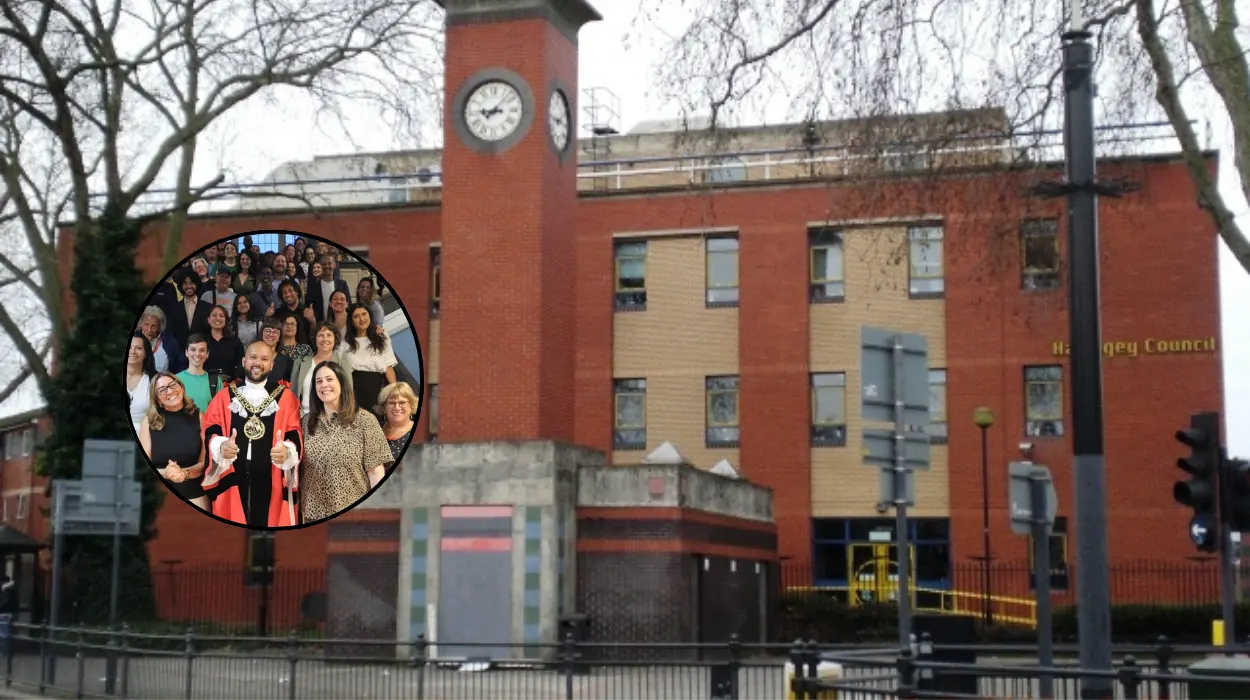Haringey (Parliament Politics Magazine) – In a landmark decision, Haringey Council unanimously passed a motion to officially recognise the Latin American Community during Monday’s Full Council session.
Following the decision, council members gave a standing ovation, expressing gratitude for the contributions residents from various Latin American origins have made to our local workforce.
The Seven Sisters Market is a prime example of this.
Otherwise known as the famed ‘Latin Village’, the Market plays a vital part in Tottenham’s identity and history and has a distinct economic, social and cultural importance for Latin Americans across London and the different populations who live and work in Tottenham.
Over the past ten years, Haringey‘s Latin American community has expanded dramatically. Haringey ranked 6th in London for Latin American population according to the 2011 Census. By 2021, this figure had more than doubled to 10,012 inhabitants, placing Haringey third in London’s Latin American boroughs, behind Southwark and Lambeth.
Due to their frequent placement in the “Other” ethnic group and lack of recognition as an official ethnic category in the UK Census, Latin Americans are statistically invisible.
Latin Americans are officially recognized by other London boroughs, such as Lambeth, Southwark, Islington, Hackney and Newham, and the Greater London Authority, and they are included in ethnicity monitoring.
The introduction of Latin America as a category in the Council’s and its partner organizations’ monitoring forms will assist guarantee that services are suitable and efficient, and Haringey is pleased to have their name added to this list.
In order to better represent inhabitants of Haringey from a variety of Latin American origins in our classifications, the council will keep interacting with them.
In order to better represent their identity, the council will also keep working with other communities that feel excluded and with broader classifications.
What does official recognition of Haringey’s Latin American community mean for its residents?
Latin Americans will be officially counted as a distinct ethnic group in council monitoring and statistics, addressing previous “statistical invisibility” when they were grouped as “Other.” This allows better understanding of their size, needs, and challenges.
Recognition enables public services and partner organizations to design and deliver support that directly addresses Latin American residents’ specific social and economic issues, such as workplace exploitation and low pay.
The council commits to ongoing dialogue with Latin American residents to reflect their identity in policies, consultations, and decision-making processes, fostering inclusion and participation.
The move celebrates the Latin American community’s contributions to the local economy and culture, highlighted by hubs like the Seven Sisters Market (Latin Village), strengthening community pride and cohesion.


